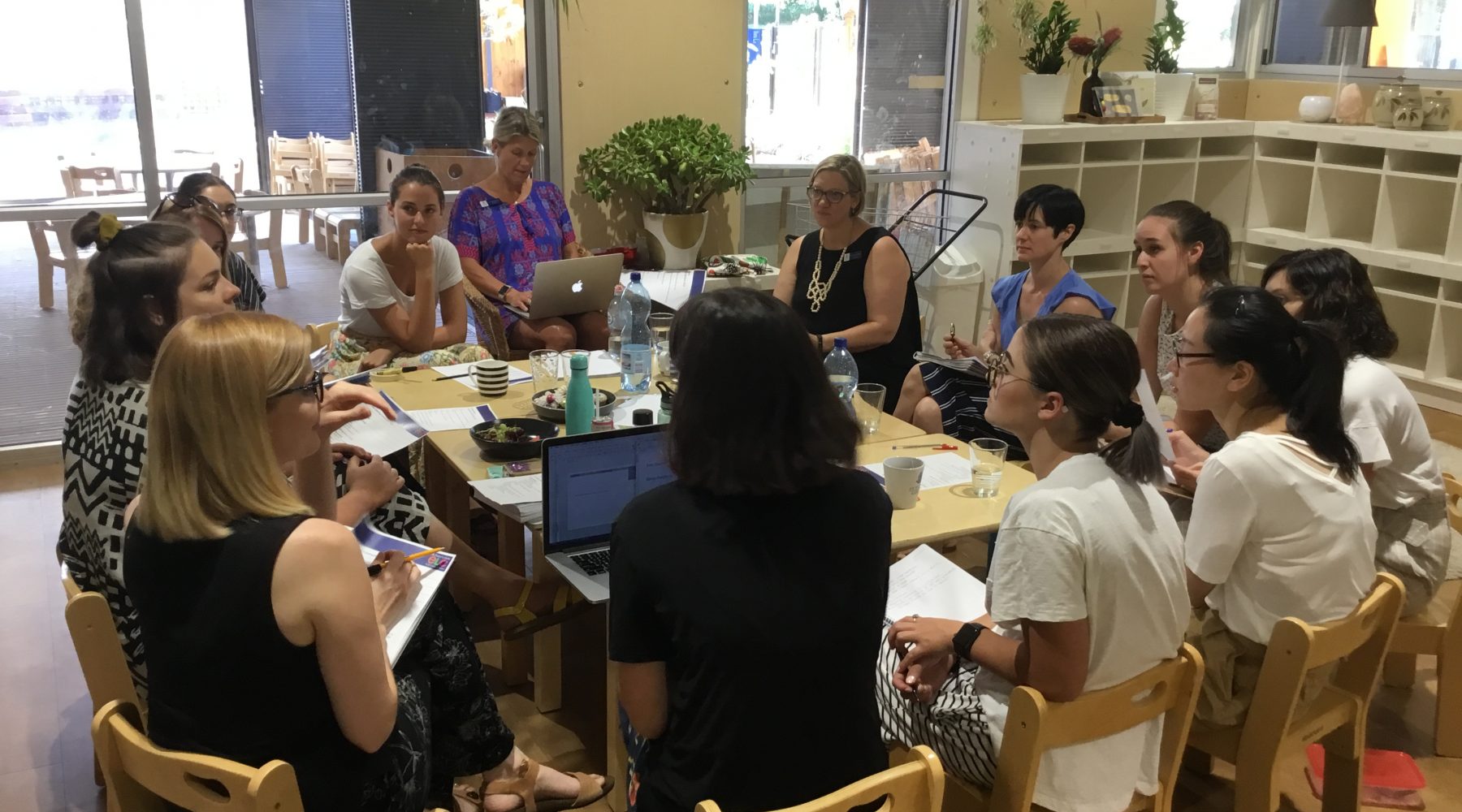The role of trust in the change management process
opinion
The views expressed by contributors are their own and not the view of The Sector.

Recalling a recent shift in her early learning centre’s structure, St Peter’s Girls’ Early Learners’ Centre Director Kate Mount delved into the need for there to be a shared understanding amongst educators as the centre entered a new phase of operation and practice. Here, Kate explains why trust was essential in order to transform.
Transforming practice means to believe that there is a new, expanded belief in a way of doing. Transforming practice means you have questioned your practice, reflected on it, undertaking research and readings in order to see new horizons. However, it isn’t just about taking a giant leap – there must be significant steps in place including a vision and strategies.
As part of the process, it is important to ensure that your backstory is complete, that is, what is driving your change? From there, the planning must be detailed in order to take steps forward. You must consider who the transformation is going to impact and the effect it will have. It is not enough to consider just the students in your care, but also the impact on your community. It is essential that the methods of communication for the transformation are layered, and that families are given the time to digest and provide feedback on the changes. Key stakeholders are more likely to commit to the change if they feel that they have been actively involved in the process.
At times it is a big ask to bring about a transformation when staff are feeling comfortable and at ease within the current structure, but if trust is there the educators will support the challenges presented by their leader and lean into the bigger picture in sight.
We’ve found that time is necessary through any transformation, as educators ease into their new model supported by the leadership team, and it is important to ensure that time is given to work with the core values that uphold a centre. This requires trust.
Learning to work alongside each other with new aspirations and some structural changes generally leads to a tentativeness around how the new structure will work. It is here that the detailed planning stage of the transformation is relied upon to enable the new model to be successful.
Once a foundation has been set on strong and sustained best practice with a focus on relationships, it is then important to ensure that all opportunities are used to communicate the centre’s core values: empowering one another with the affirmation of our vision and the essential agreement that sits alongside it.
The change is only possible when you create the spirit of transformation, that feeling of excitement for a new adventure. The new journey can then begin.
Kate Mount is Centre Director of St Peter’s Girls’ Early Learners’ Centre in Adelaide, South Australia, and a Reggio Emilia Australia Information Exchange (REAIE) Committee Member. The REAIE will be holding its biennial conference in Perth on 11-14 July 2019. For more information on the event, including how to register, visit the REAIE website.
Popular

Quality
Practice
Provider
Workforce
Reclaiming Joy: Why connection, curiosity and care still matter in early childhood education
2025-07-09 10:00:07
by Fiona Alston

Policy
Practice
Provider
Quality
Research
Workforce
Beyond the headlines: celebrating educators and the power of positive relationships in early learning
2025-07-07 10:00:24
by Fiona Alston

Workforce
Policy
Quality
Practice
Provider
Research
ECEC must change now, our children can’t wait for another inquiry
2025-07-02 07:47:14
by Fiona Alston











